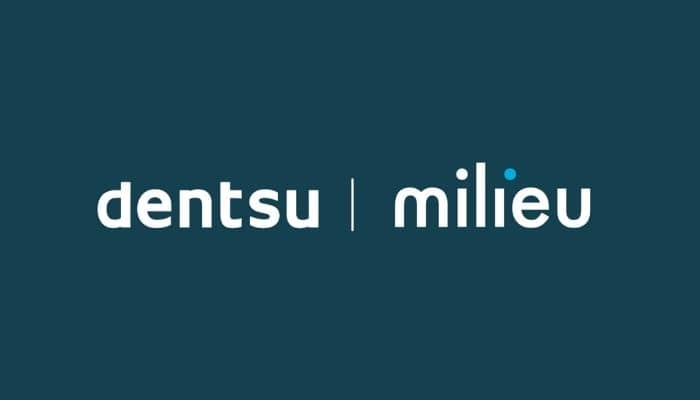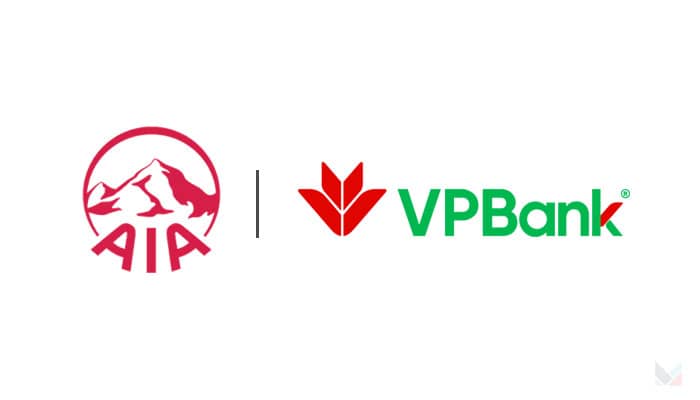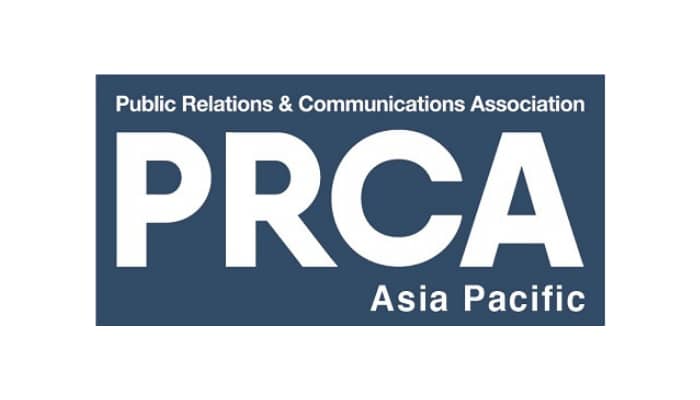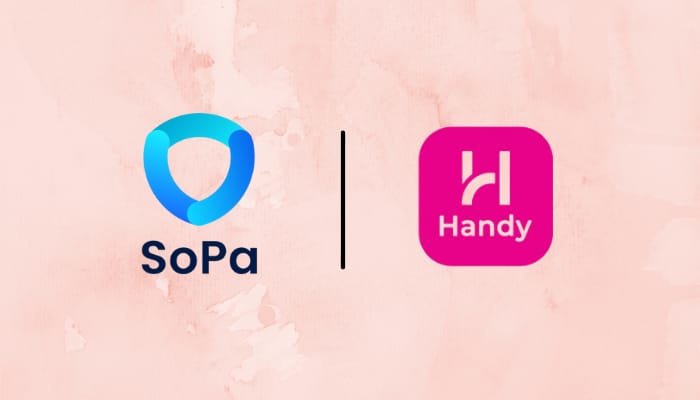Ho Chi Minh, Vietnam – Consumer research and analytics company Milieu Insight has announced a strategic partnership with dentsu International to improve the agency’s Consumer Connection System (CCS), the agency’s end-to-end communications planning platform, in their Vietnamese market.
Using Milieu Portraits that will fuel higher quality and up-to-date data, the partnership will enable dentsu to use advanced research and analytics tools to help its clients undertake fast turnaround studies and craft effective business and communication strategies. In addition, Milieu’s consumer profiling tool, when integrated into the CCS, will complement and help unlock more use cases ranging from campaign measurements to optimising the activation of digital ads.
Another service that will be utilised will be Milieu Activate, an automated brand tracking solution and programmatic activation, which leverages millions of data points to serve ads to the right mobile audiences, enabling Dentsu to help their clients drive stronger metrics in terms of click-through rates and conversions. It uses programmatic lookalike modelling to identify target audience with access to mobile device IDs.
Gerald Ang, CEO at Milieu Insight said that their strategic partnership with Dentsu is an important step towards providing the industry with a highly differentiated and data-driven audience targeting solution that will lead to better and more effective campaigns.
“The real-time dynamic nature of Milieu Insight’s consumer engagement platform and the wide range of data that it holds will empower dentsu to help brands gain a competitive edge and build stronger relationships with their customers,” Ang said.
Meanwhile, JP Salustiano, chief strategy officer at dentsu Services Vietnam, commented, “We’re able to offer our clients a higher level of insight and accuracy because of the quality and depth of data Milieu Insight’s Canvas provide, at the speed with which it can be augmented. We are already able to build planning segments for our clients that were not possible before, which gives us greater ability to drive return on marketing investment.”
Lastly, Navin Dhanpal, CEO at Carat, commented, “Through our partnership with Milieu Insight, CCS in its new digital avatar is going to fundamentally shift the media research industry and give our brands the latest insight into not just ‘what’ media their target consumer is consuming and ‘when’ – but more importantly, ‘how’ they are consuming that media and ‘why’.”















